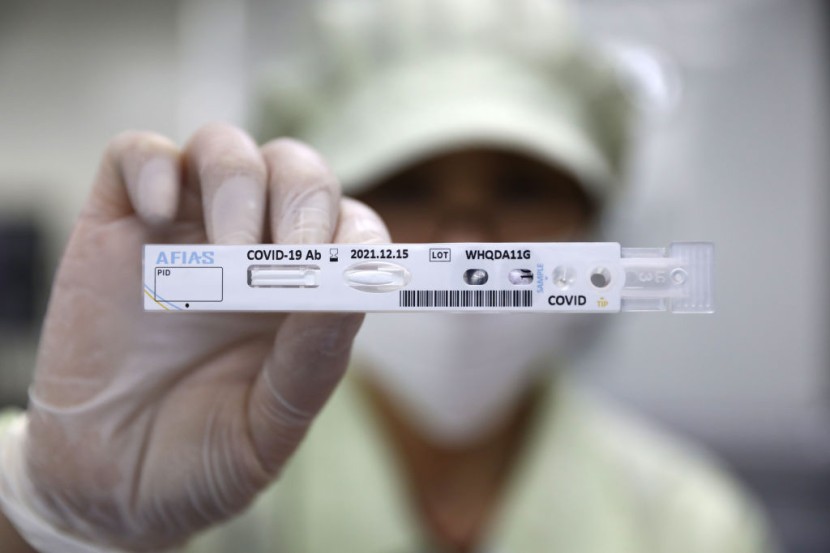
Clinicians and patients ponder over if they can rely on the accuracy of laboratory test results.
This has not rung more true than the situation is now, considering the attention on COVID-19 tests and its role in combatting the prevalence of the novel coronavirus.
If you believe you have contracted the coronavirus and are in need of a test, immediately contact your health care provider. The Food and Drug Administration (FDA) has been meticulously working to improve the accessibility of vital medical products, including coronavirus testing to counter the coronavirus pandemic.
However, studies evaluating the accuracy of coronavirus antibody tests had major deficiencies, reported Reuters.
It was concluded that such blood tests had little function for people interested in being made aware of certainty if they have contracted the coronavirus.
Studies have displayed that patients who have been cured of the coronavirus have antibodies linked to the illness in their blood, according to The BMJ.
Tests can be produced to detect such antibodies and display whether a person has had the coronavirus in the past.
In a span of minutes, finger-stick blood tests could indicate whether a coronavirus patient has developed antibodies towards the illness, but some people have reasons to be skeptical of such results, reported Mahoning Matters.
The accuracy of coronavirus testing is based on 2 measures: sensitivity, or the rate of "true-positive" results, and their specificity, or the rate of "true-negative" results.
The association between an antibody test's positive result and immunity from the coronavirus is yet to be proven. The mere presence of coronavirus antibodies does not equate to immunity. Researchers have not discovered how much antibody in an individual is necessary to be protective, nor the duration of such protection.
Although functional in terms of detection if a person has had the coronavirus, timing is essential. The tests were reportedly effective in the detection of the coronavirus in individuals 2 or beyond weeks following their exhibiting of symptoms, the effectiveness is not yet known for over 5 weeks following the showing of symptoms.
According to a new study by researchers at Enable Biosciences published on medRxiv in May 2020, the creation of rapid and sensitive antibody testing kits designated for home use was reported. This can remarkably bolster the measurement of the population prevalence of this illness and to understand whether it grants immunity to reinfection.
Conducted by a finger prick or blood draw, the blood is then examined for 2 types of antibodies: IgM (the development of which is in the initial stages of the infection) and IgG (the detection is after recovery). In the case that IgG is detected, it is more probable that a person has developed more immunity than if mere IgM was detected.
Factors that determine the accuracy of a coronavirus test result include not the mere instrument and chemical reagents utilized in performing the test, but also the quality of specimen collection, the timing, and the biology of the patient.
The Centers for Disease Control and Prevention (CDC) advises using nasopharyngeal (NP) swabs for molecular testing. This is due to the fact that the nasopharynx, or the area above the soft palate at the back of the nose, appears to have the highest concentration of the coronavirus. Such NP swab samples are technically demanding to acquire.
Related Article : How to Stay Safe If COVID-19 Is Proven to Be Airborne








